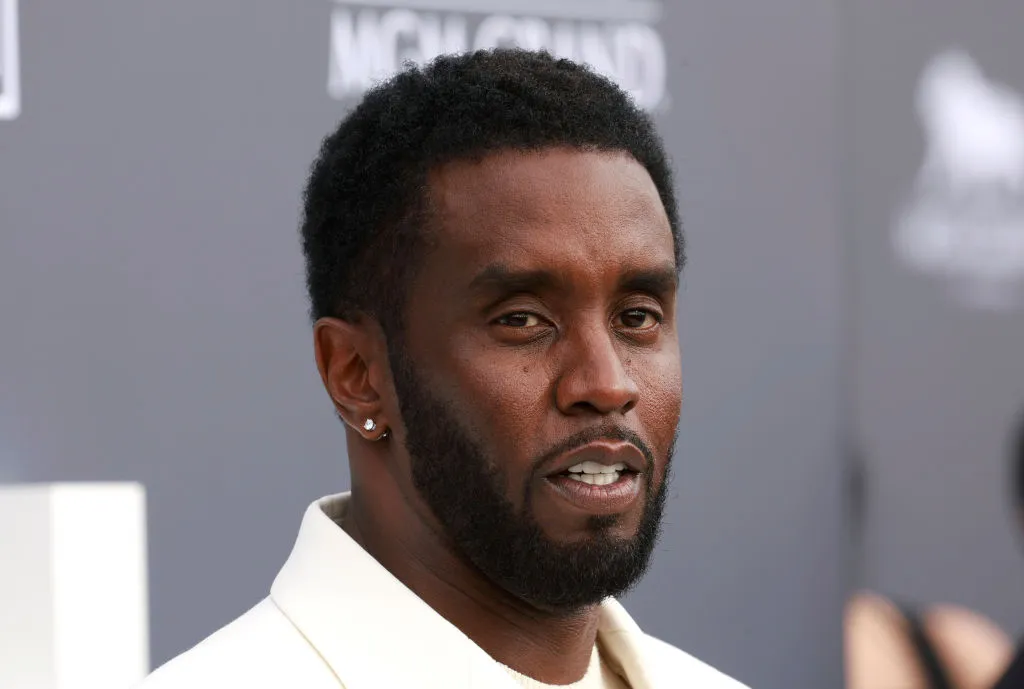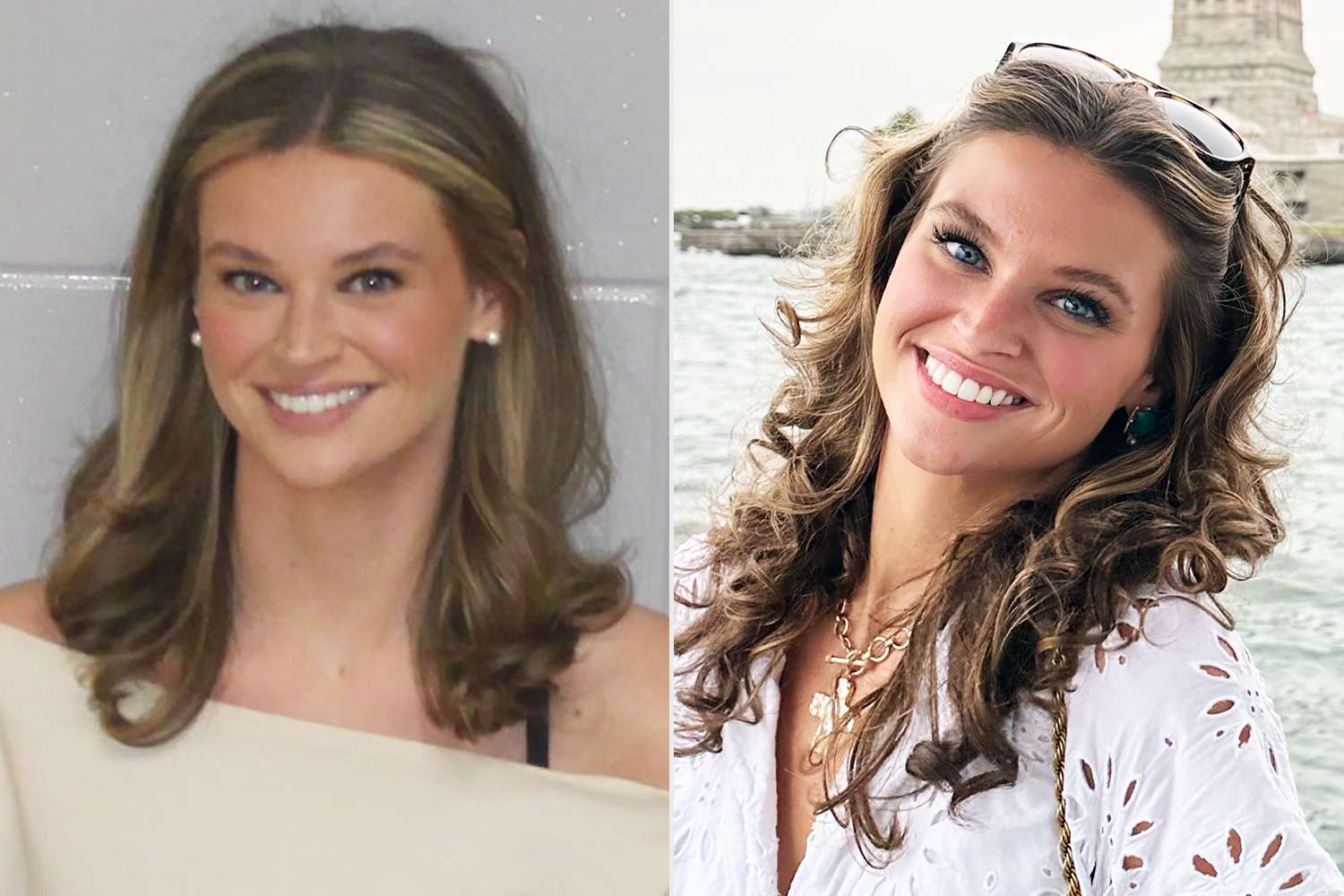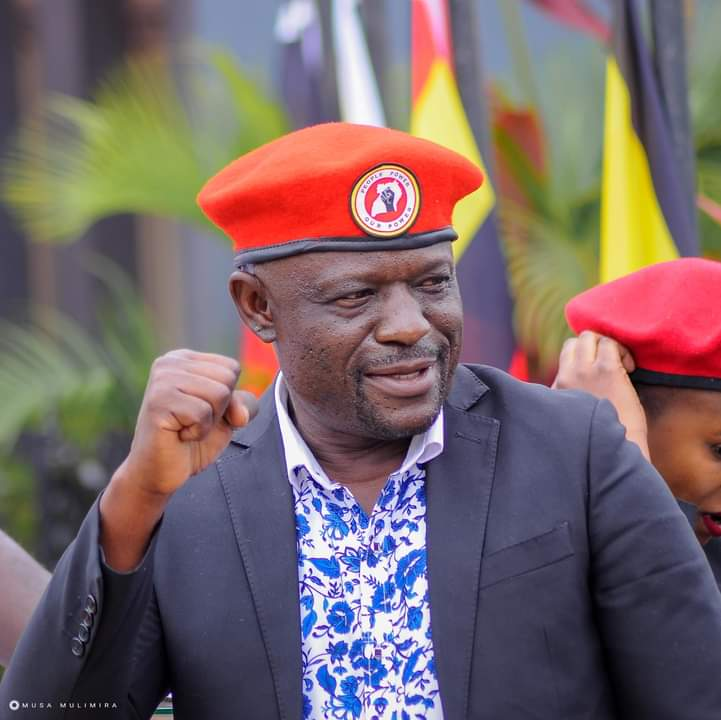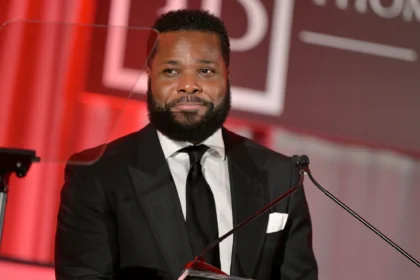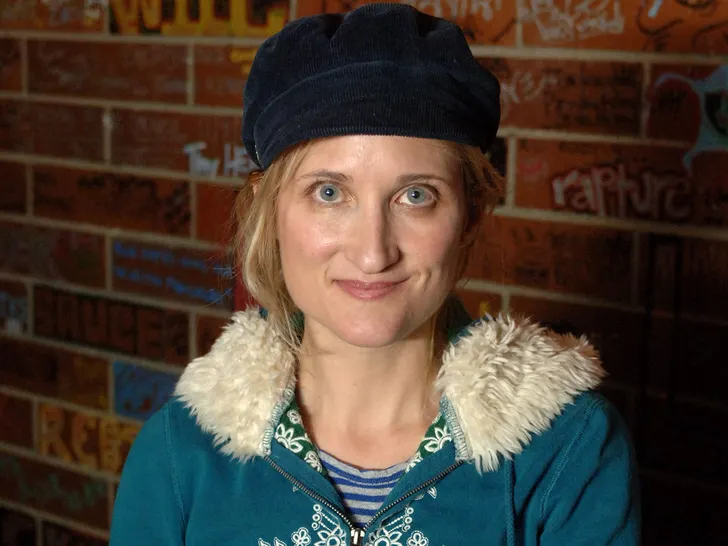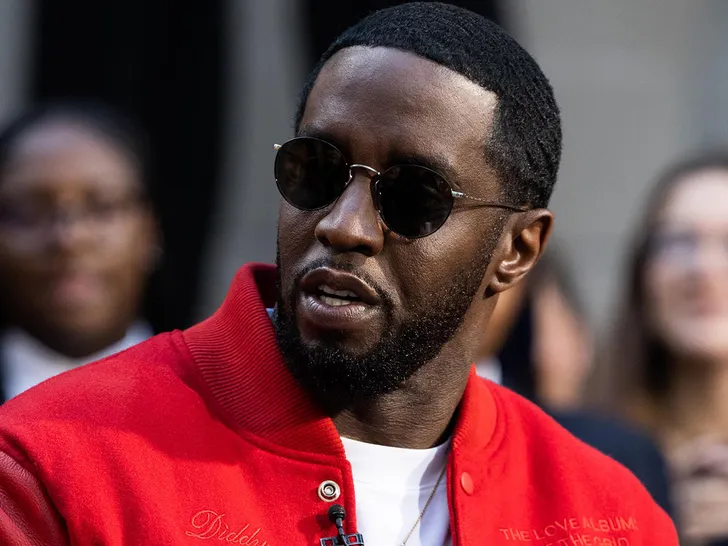UHRC Challenges UCC’s Ban on Gravity Omutujju and Lil Pazo’s Songs
Ugandan singers Gravity Omutujju and Lil Pazo may have found an ally in the Uganda Human Rights Commission (UHRC) as the body strongly opposes the Uganda Communications Commission’s (UCC) decision to ban their music over alleged vulgarity.
The songs in question—Enkudi, Omunio, Dooze, Okwepiicha, and Enyama—were flagged by UCC for their controversial lyrics and visuals, resulting in a nationwide ban. However, UHRC Chairperson Mrs. Mariam Fauzat Wangadya has criticized the move, labeling it as “oppressive and a violation of fundamental rights.”
Freedom of Expression Under Threat
Mrs. Wangadya condemned UCC’s decision as “autocratic” and harmful to the artists’ livelihoods. She stated, “The recent move by UCC to ban the songs of some artists is oppressive, autocratic, a violation of their rights to freedom of expression and employment, and an unjustifiable attack on their livelihoods.”
She emphasized that Uganda, as a free society, should allow the music market to dictate the acceptability of artistic works rather than individuals imposing bans. According to her, restricting music undermines fundamental freedoms and limits creativity.
Who Defines Morality?
The UHRC Chairperson also raised a critical question about the subjective nature of morality, asking, “Who measures morality?” She pointed out the dangers of arbitrary censorship and called for a more inclusive approach that respects artists’ rights while balancing societal values.
A Ray of Hope for Artists
For artists like Gravity Omutujju and Lil Pazo, this intervention by the UHRC offers a glimmer of hope as they navigate the challenges posed by the ban. It also sparks a broader conversation about the limits of censorship and the protection of artistic freedom in Uganda.
As debates around freedom of expression and morality continue, the final outcome could set a significant precedent for Uganda’s music and creative industry.









